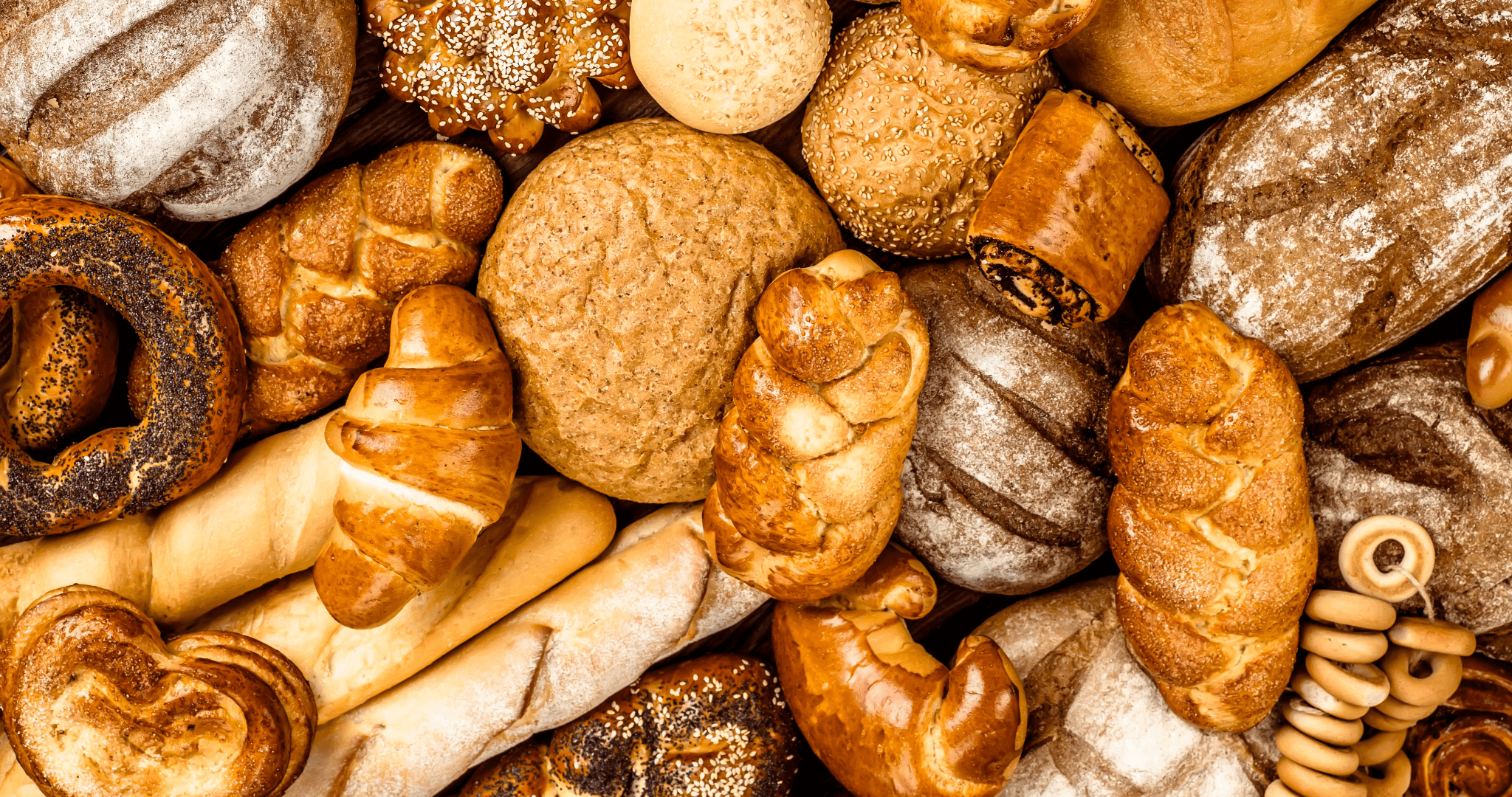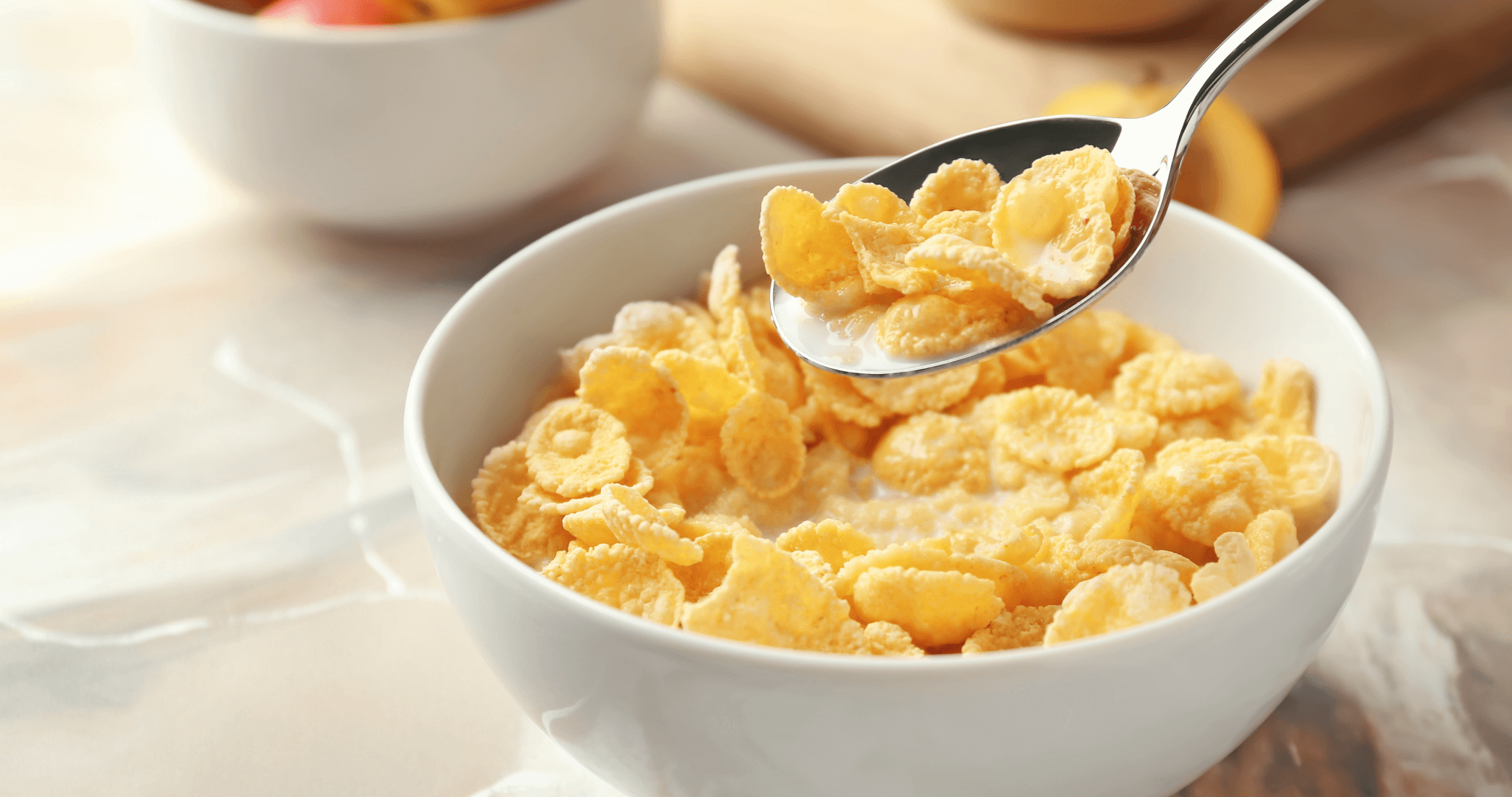UK's View on Ultra-Processed Foods: Not Always Harmful
Posted by Emily on 7th Oct 2023 Reading Time:
Despite growing apprehensions, UK food officials believe that not all ultra-processed foods (UPFs) are automatically unhealthy due to their manufacturing processes or artificial ingredients.
Robin May, chief scientific adviser at the UK's Food Standards Agency, stated, "We need to be driven by the science and not have this knee-jerk reaction that treats [all UPF] the same." He emphasised the need for a balanced perspective, given that products within the UPF category can range from healthful to harmful. He further noted, "It's important we don't throw the baby out with the bathwater here. There are many components that have a very important role to play in nutrition and in safety."
The method by which the UK and most countries assess food's nutritional value — primarily through content like fat, salt, sugar, and calories — still stands as the most effective way to ensure a healthy diet. Additionally, caution was raised against completely avoiding UPFs, as doing so could potentially strip one's diet of beneficial foods such as yoghurts, low-fat spreads, and wholemeal breads and cereals.
| Unprocessed | Processed Ingredients | Processed | Ultra Processed |
| Fruit | Oils | Ham | Supermarket Bread |
| Vegetables | Butter | Cheese | Ready Meals |
| Nuts | Vinegar | Fresh Bread | Breakfast Cereal |
| Eggs | Sugar | Bacon | Biscuits |
| Milk | Salt | Salted Nuts | Cakes |
| Meat | Honey | Tinned Fruit in Syrup | Crisps |
This debate on UPFs has been further fuelled this year following the release of "Ultra-Processed People: Why do we all eat stuff that isn't food… and why can't we stop?" by Dr Chris van Tulleken. The doctor and TV presenter has advocated for the worldwide adoption of dietary guidelines from Brazil. These guidelines emphasise whole foods and homemade meals while discouraging factory-produced foods.

But, at a press conference on 27 September, nutrition experts challenged this viewpoint. Janet Cade from the University of Leeds, who also represents the British Nutrition Foundation, commented, "We absolutely need foods to be processed so that we can feed the world." She went on to illustrate the complexity of the ultra-processed categorisation using carrots: "Think about the carrot." From being unprocessed in its natural state, its classification changes with each level of preparation, even if its nutritional value remains largely unchanged.
This concept was further supported by Professor Pete Wilde of the Quadram Institute in Norwich, who raised concerns about vilifying UPFs. He pointed out the potential risks in ostracising food companies producing plant-based protein foods, which are nutritious yet still fall under the UPF category.
Robin May also highlighted the positive aspects of certain UPFs, mentioning breakfast cereals fortified with vitamins and minerals as an example. "If you have, for example, children who previously might not have had any breakfast, a breakfast cereal where they're getting their vitamins and minerals is a big step forward," he said.
However, Dr. van Tulleken remains convinced of the negative impact of UPFs. "There is an increasing amount of science describing the many ways in which UPF affects the human body," he claimed.

The UK's Scientific Advisory Committee on Nutrition (SACN) has taken a more cautious stance. A report they published in July suggested that health issues linked to UPFs might simply be attributed to their high saturated fat, sugar, and salt content. Ian Young, head of SACN, expressed, "SACN is absolutely concerned about the association between highly processed foods with a range of adverse health outcomes. However, we think it's unclear whether the associations are due to the nutritional characteristics of the food or whether there's any independent effect of the processing."
Finally, the most widely recognised system for food processing classification is the NOVA system. While a correlation exists between processing level and fat, sugar, and salt content, some argue the term "ultra-processed" might be misleading, especially since several "ultra-processed" foods, such as wholegrain bread and tofu, can be beneficial.
In essence, the debate continues. However, the prevailing advice leans towards a balanced, informed approach rather than outright demonisation or acceptance of UPFs.
Sources:
Is ultra-processed food bad for you? Not always, scientists say
Ultra-processed foods: the 19 things everyone needs to know
BNF survey reveals confusion about ultra-processed foods

